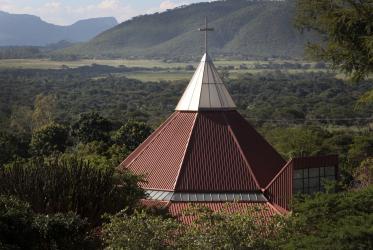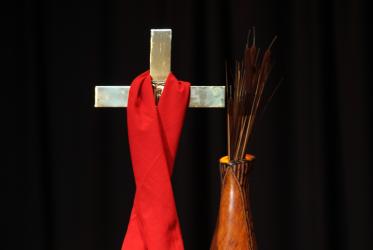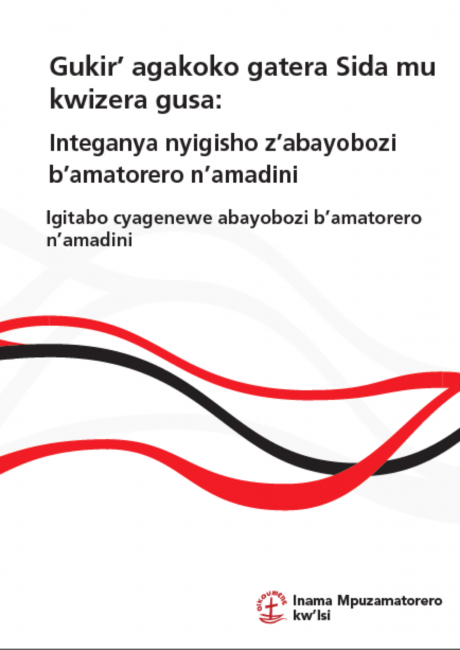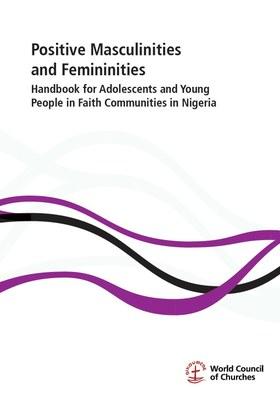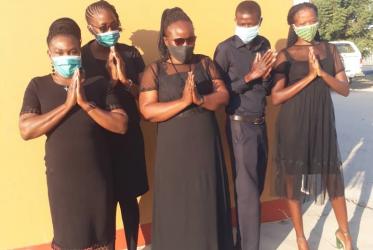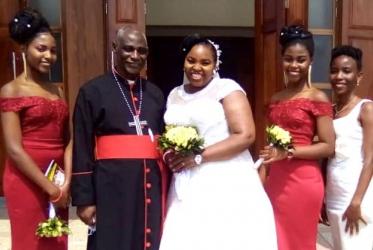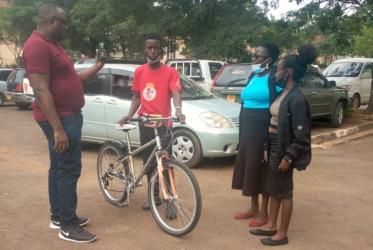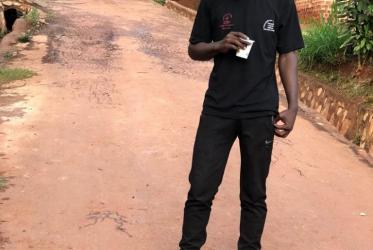Displaying 81 - 100 of 309
Treatment Adherence and Faith Healing in the Context of HIV and AIDS in Africa
Training Manual for Religious Leaders
25 October 2020
WCC mourns passing of Hendrew Lusey-Gekawaku
23 October 2020
Positive Masculinities and Femininities
Handbook for Adolescents and Young People in Faith Communities in Nigeria
19 October 2020
Healing Together
A Facilitator’s Resource for Ecumenical Faith and Community-Based Counselling
15 October 2020
Thursdays in Black is growing in Namibia
20 August 2020
True and false prophecy in the age of pandemic
12 August 2020
In Uganda, resilience and hope overshadow stigma
31 July 2020

